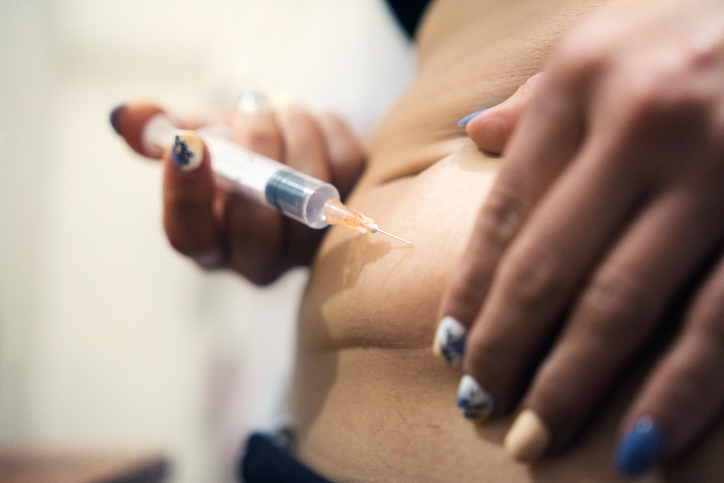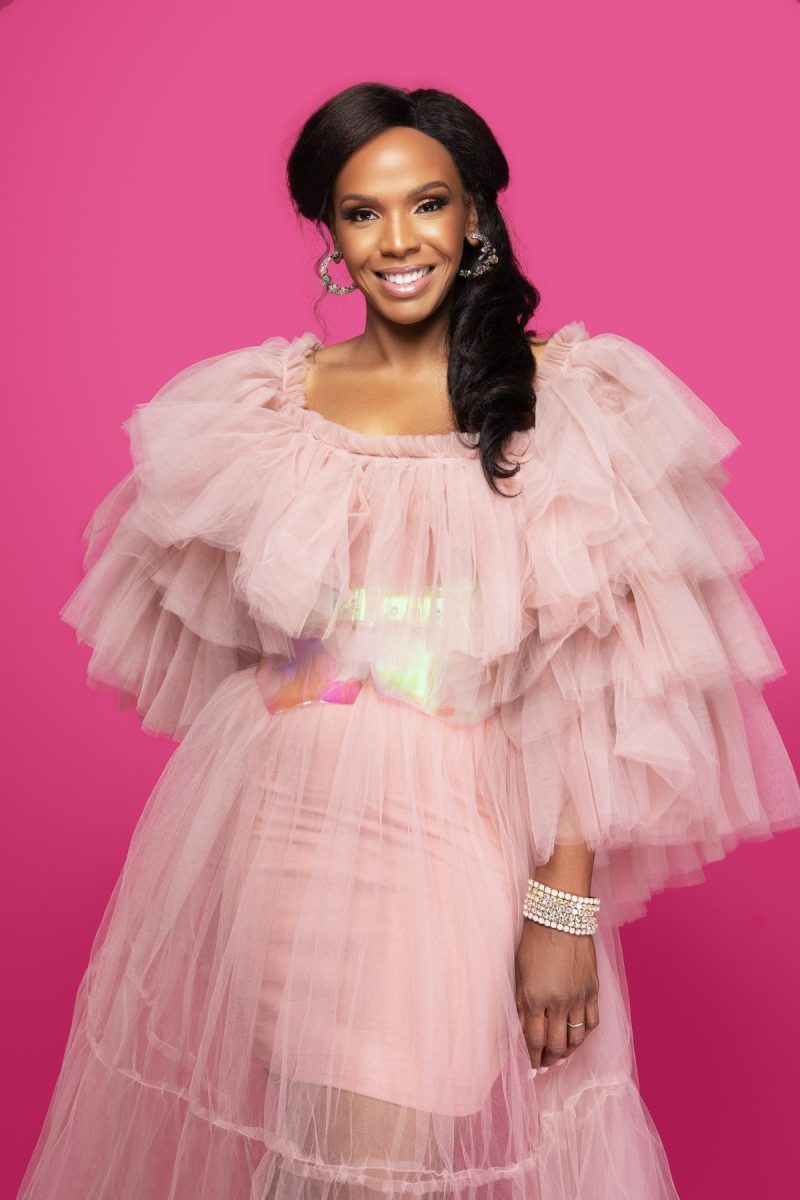Source: Nathan Pearcy / Nathan Pearcy
Society has made a lot of strides when it comes to talking about and treating fertility issues. But in some ways, there is still a long way to go. In Vitro Fertilization (IVF) has been culturally seen as a “White woman’s thing.” There is unfortunate data encouraging that stereotype. BioMed Central reports that Black and Hispanic women are less likely than white women to have access to fertility clinics. Furthermore, when Black women do go through IVF treatment, they are less likely than white women to have a successful cycle (i.e. become pregnant).
This information undoubtedly can make Black women hesitant to look into IVF as an alternative when natural conception isn’t happening. MADAMENOIRE connected with one woman who is looking to change the conversation around IVF in the Black community, and is doing so with her own personal story of fertility treatment. Meet Penelope McCown, founder of Cocoa Baby Love and Black IVF advocate.
What was your experience like telling friends and family in the Black community that you would be pursuing IVF?
“Infertility is taboo and rarely discussed openly in the African American community, even among close friends and family, including our mothers!” says McCown.
She knew the conversation would be difficult, but added “I had suffered in silence long enough.” If she was going to go through this journey, she decided the support of her loved ones was critical. Most of her close friends and family offered full support right away, showing as much excitement as McCown did herself.
“Then there were naysayers – those who meant well in their way (or didn’t) and didn’t know how to support. We were told ‘You are spending how much?!’, ‘You all just need to relax and give it more time.’”
That last comment was hard for McCown, given the many years she’d already tried to conceive naturally. Other comments included “Why are you all doing all of that – just be grateful for each other” as well as “Stop worrying about it, you’ll get pregnant!” McCown also says some confusion came up, and comments like, “Black people do that?”
McCown says that as a Black woman, she did expect some of the negative comments more than positive ones. And she admits that even she has had some of the very thoughts that the naysayers expressed.
“My goal is to shift this mindset,” she says.

Source: jopstock / Getty
Why do you believe a stigma exists around IVF in the Black community?
“There is a stigma about IVF and infertility in the black community because disparities in the Black community genuinely exist,” says McCown.
She notes that African American women are actually twice as likely as white women to experience infertility but half as likely to seek treatment for it. To emphasize the stigma, McCown says, “More African American women never actually report their infertility, and therefore, the accurate statistics in our community are unknown. African American women are also often excluded from infertility and IVF studies…It is a multifaceted and disturbing issue.”
With regard to the higher numbers of infertility among Black women, McCown reminds us that African American women are more likely to suffer from issues that contribute to infertility such as uterine fibroids and obesity.
McCown also commented on the misconception that African American women are “hyper fertile,” creating added pressure (and added guilt) around fertility issues in the community. The prejudice Black women can feel from their healthcare providers as well as preexisting mistrust of doctors could also contribute to the matter, says McCown.
“We have deep-rooted and serious strides that need to be made in the African American community to remove stigmas and overcome barriers. But with time, concerted effort and educating our community, I truly believe it can be done.”
Where did you look for emotional support during your journey?
Her faith and God is what McCown accredits for her persistence.
“I had to believe and trust that God’s plan for my husband and me was better than we could have imagined.” She adds that her husband was her rock throughout the process. “Although we were in the trenches of infertility together, and it often seemed unbearable for us, we were indeed the best support for one another.”

Source: Marko Geber / Getty
How did you feel the medical professionals you interacted with treated you as a Black woman?
“I felt as though I was looked at by the providers and the staff as if I could not.” Being a family nurse practitioner herself, McCown believed her experience in IVF as a Black woman might be easier than some, but was disappointed to find even that wasn’t true. Even though she and her husband were able to afford the fertility treatments, she felt a sense of “not belonging” at the clinic. Though she can’t pinpoint exactly why that is, she says, “…trust me, something was off.” She adds that there were few if any photos of African American babies on the walls of these clinics, which truly contributed to her feeling of being a minority there.
What message would you like to give to any Black women considering IVF?
“For any Black woman considering going through IVF, I want you to know first that You. Are. Not. Alone,” says McCown.
And she doesn’t want any Black woman going through it to believe she has to feel shame or suffer in silence.
“We won’t get a badge of honor for suffering. African American women must realize that infertility is a medical condition and is nothing to be ashamed of, although society and our history make us feel otherwise.”
She adds that gaining knowledge before meeting with a medical provider is also essential.
What do you wish you knew before going into it?
“I wish I had been more aware of the possibility that my husband and I could be facing a long road ahead and the emotional toll the process takes on your mental wellbeing and possibly your relationships.”
McCown says that she knew, going into IVF, that it might not work, but she wished she’d let that information sink in more first. If she had, then some of her experiences – including a miscarriage – wouldn’t have been as devastating. She admits now that looking back, she went into the process believing she would for sure have a baby by the end of it.
Tell us about your brand Cocoa Baby Love.
“Cocoa Baby Love is a luxury brand of infant and toddler products. I was inspired to start this brand through my painful and challenging journey to conception and finally becoming a mother,” says McCown.
Her daughter and her journey to motherhood greatly inspired the brand. But it’s about more than just products.
“It is also a platform. Through my platform, I strive to bring awareness to infertility in the African American community so that women who struggle to conceive in any way, like myself, won’t have to suffer in silence. That is the true purpose of my brand.”










